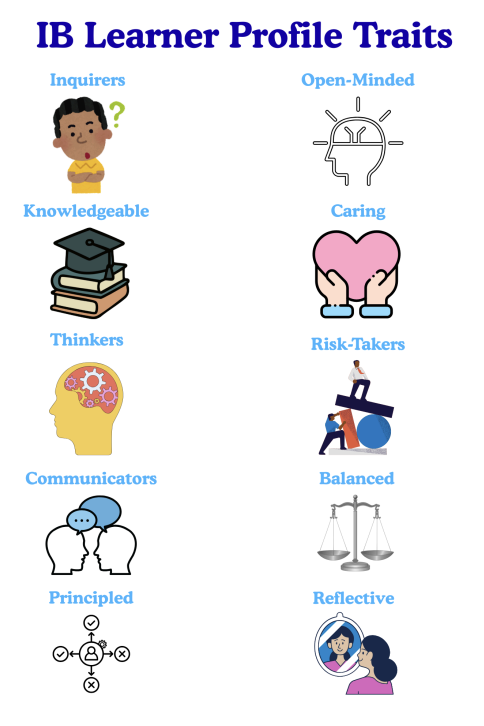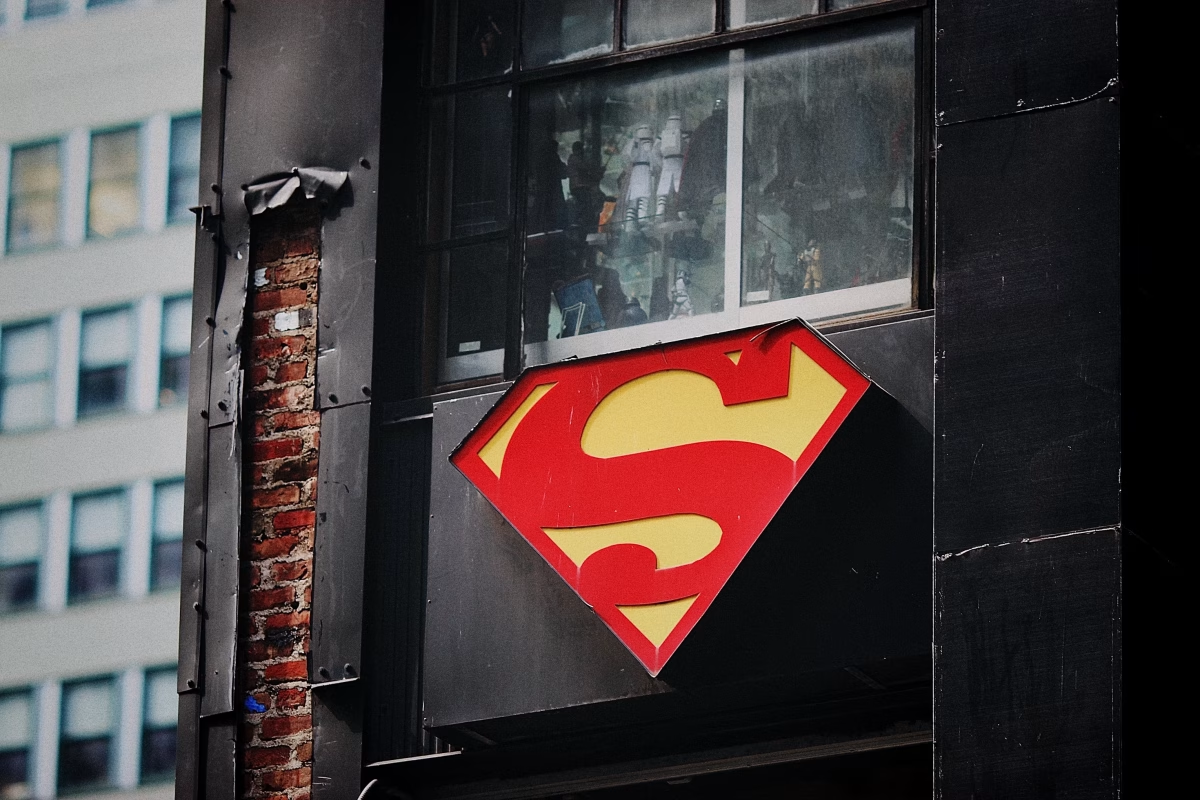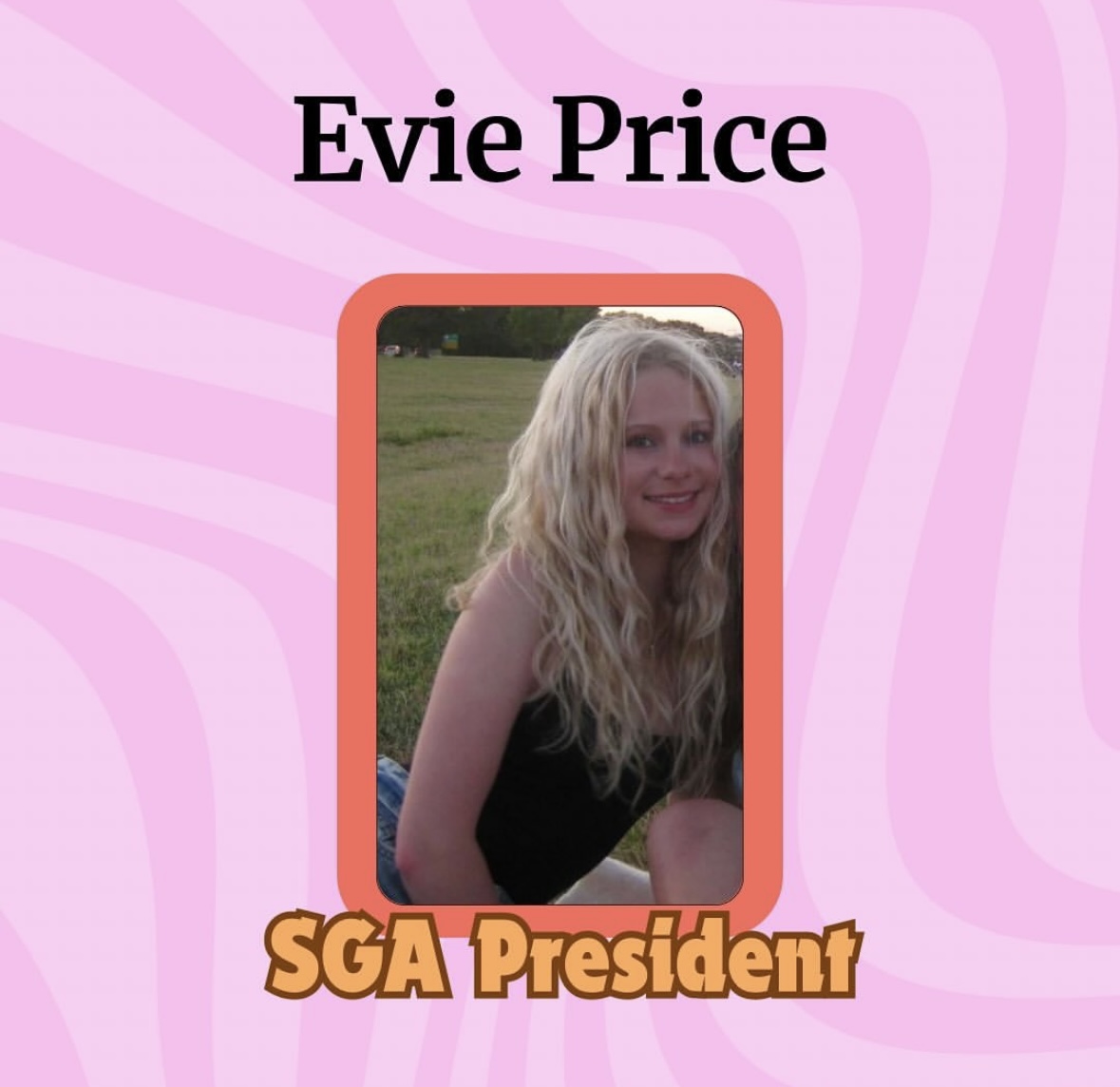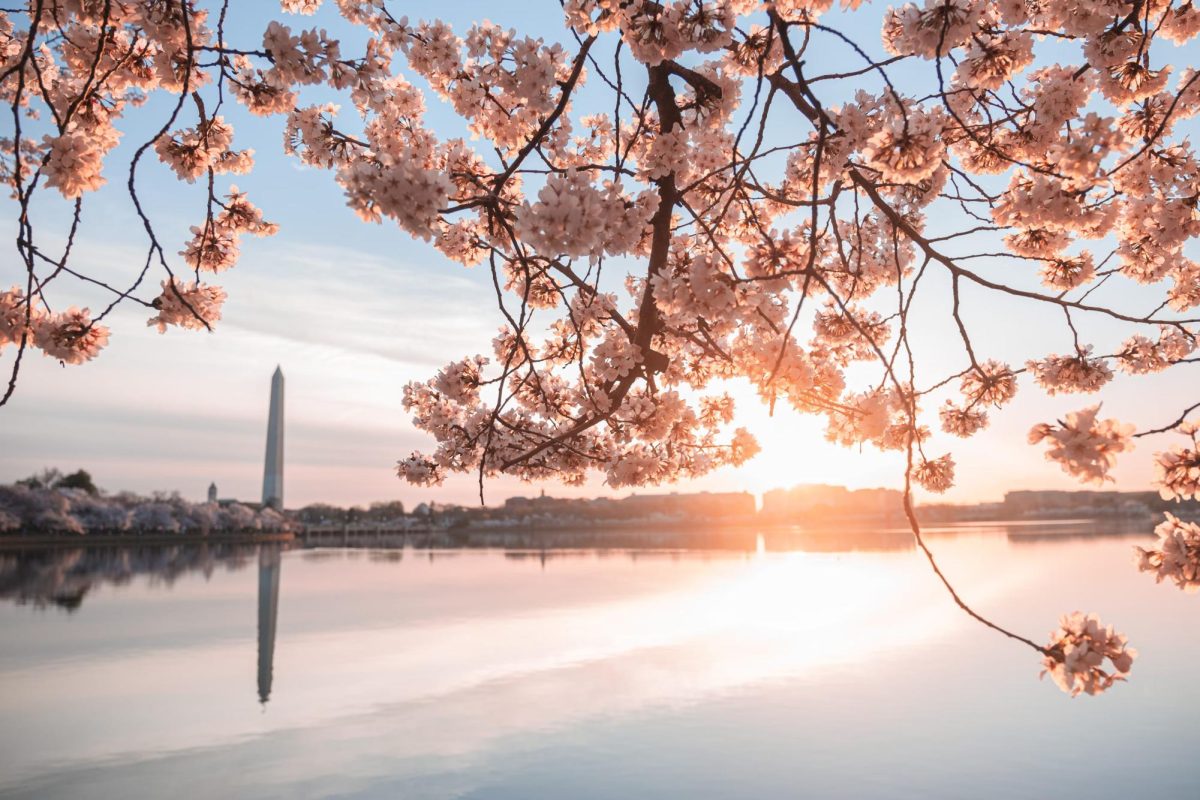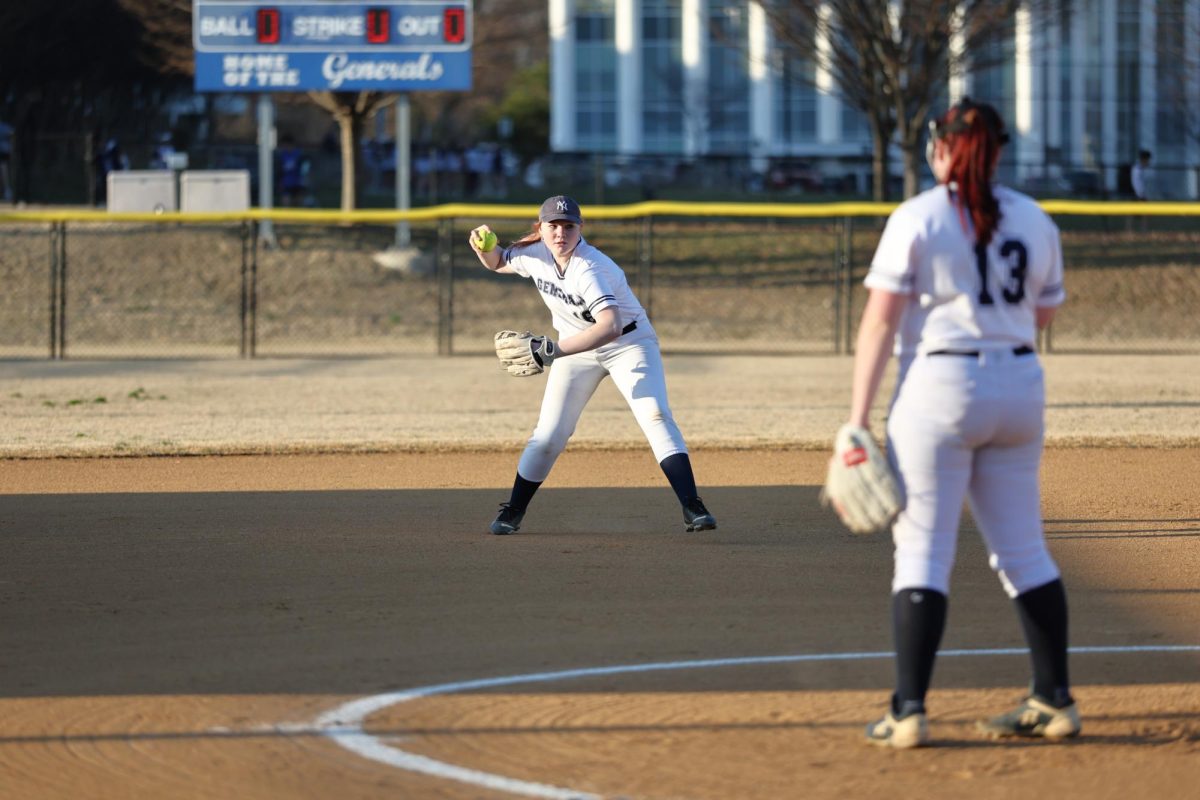
Sephora, the beauty product mega-corporation, carries hundreds of brands offering makeup, skincare, hair care, etc. The store, which has iconic black-and-white branded colors that lure customers in, has now fallen victim to an epidemic of tween girls, “Sephora kids.” This new wave revolves around Generation Alpha pre-teens who have become skin-care and makeup-obsessed. Most of these kids range in age from around 10 to 13, but some are as young as the age of seven.
This widely spread bizarre phenomenon is discussed on the social media platform TikTok. Many of those speaking out are older teenagers, ranging from the age of 17 and up, and young adults in their 20s. These beauty buyers talk about experiences and encounters with these young kids in Sephora. Whether it is a race to grab the last of the Drunk Elephant Bronzing Drops or the absolute nightmare of finding themselves in the crowded Sol De Janeiro section, many are undergoing the atrocities of the Sephora kid epidemic.
These young children have been going crazy for trendy products ranging from expensive skincare to Brazilian body sprays from various viral brands. Many of these brands carry products widely promoted, reviewed, or talked about by individuals on TikTok, which is the primary cause behind this new trend of children going insane inside the popular beauty store.
A widely recognized problem emerging from this epidemic is that many young kids are purchasing products that they have no actual need for, such as retinol serums. Retinol is most notably used for its anti-aging effects. This seemingly funny or bizarre problem genuinely has been having negative impacts on not only these kids’ childhoods but also on their actual physical health. Many certified dermatologists have even spoken about this issue because so many children are purchasing these retinol serums they do not need.
Dermatologist Dr. Brooke Jeffy has spoken out about this ongoing issue and had one encounter with an 11-year-old patient who was using the anti-aging product.
“They don’t understand the function of skin and that it’s not just this wall you can throw anything at,” Jeffy says. “It’s kind of word of reason − word of their parents, sometimes, word of me or other physicians − against this huge industry of beauty and social media.”
This raises a larger issue: why are parents buying these products for their kids? So many parents have put zero research into the products they are purchasing for their children to use.
Perhaps even more worrisome than these problems is the effect that social media has had on young children and tweens, often cutting their childhood short. Ever since the pandemic in 2020, TikTok has risen to insane heights of popularity. So many of the app’s users are very young, and the effects of this have been noticed.
These Sephora-obsessed children are a part of the more significant trend of children who are now subjected to new insecurities at insanely young ages. Unfortunately, beauty standards have always been a thing, and eventually, people fall victim to new insecurities because of it. However, with the rise of TikTok, there has been a growing trend of children ditching their childhoods early and falling victim to these new trends that form so many insecurities. So, while many people complain about the annoyance of children in Sephora, they should probably be more concerned for these kids’ mental and physical health.


